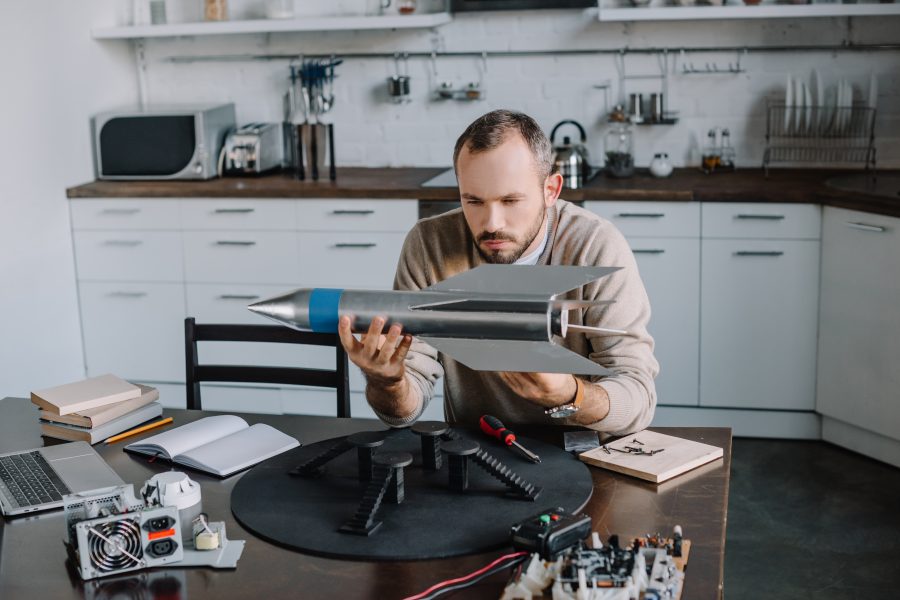Patents

How to Enforce Your U.S. Patent Rights: Steps to Take Against Infringement
A U.S. patent grants its owner the exclusive right to make, use, sell, or license their invention for a set period—typically 20 years from the filing date for utility patents. However, unauthorized use of patented technology, known as patent infringement, can undermine this exclusivity. Enforcing a patent is a critical step in protecting your intellectual…

Is There a Danger of Losing a Patent If It Is Not Used?
Patents are powerful tools that grant inventors exclusive rights to their inventions for a limited period, typically 20 years from the filing date. However, an often-overlooked question is whether a patent holder risks losing their patent if they do not actively use it. This issue is particularly relevant for individual inventors, research institutions, and corporations…

The Hidden Complexity of Patent Searches: Why Professional Help is Essential
In an era where innovation is the backbone of business success, securing intellectual property rights is critical. Among these rights, patents stand out as the most sought-after, offering inventors exclusive control over their creations for a set period. However, before obtaining a patent, an inventor must conduct a patent search to ensure that their invention…

How Inventors Can Safely Disclose Their Invention While Preparing to File a Patent Application
Innovation drives progress, but protecting intellectual property is crucial to ensuring an inventor reaps the benefits of their creation. One of the most significant risks inventors face is premature disclosure, which can jeopardize their ability to secure patent protection. This blog explores the best practices for disclosing an invention while preparing to file a patent…

The Art and Legality of Reverse Engineering: A Guide to Innovating Without Infringement
In the fast-paced world of innovation, businesses and engineers often find themselves wanting to understand, replicate, or improve upon existing products. Reverse engineering—a process that involves deconstructing a product or system to analyze its components and functionality—plays a crucial role in innovation, product development, and competition. However, while reverse engineering is an essential tool for…

Can a Business Raise a Claim of Patent Infringement? Understanding the Process and Success Rate at the USPTO
Introduction In today’s highly competitive business environment, intellectual property (IP) is one of the most valuable assets a company can possess. Among the different forms of IP protection, patents are particularly important for businesses that rely on innovation to stay ahead. However, when another party unlawfully uses a patented invention, the patent holder may need…

Does Your Business’s Invention Qualify for a Utility Patent?
Introduction Innovation drives the modern business world, and securing exclusive rights to your invention can give you a critical competitive edge. One of the most effective ways to protect an invention is through a utility patent. But not every innovation qualifies. To successfully obtain a utility patent, businesses must ensure that their invention meets specific…

The Crucial Intersection: Trademark Law and Patent Law
In the dynamic world of intellectual property (IP), businesses, innovators, and creators often encounter two essential legal frameworks designed to protect their intangible assets: trademark law and patent law. While both provide significant protections for intellectual creations, they operate in distinct spheres with different goals, requirements, and outcomes. However, the relationship between trademark law and…

The Ultimate Guide to Patent Law: Protecting Your Innovations and Assigning Your Rights
If you’ve ever had a groundbreaking idea, a revolutionary product design, or a game-changing invention, you’ve probably wondered how to protect it. That’s where patent law comes into play. A patent grants you exclusive rights to your invention, preventing others from making, using, or selling it without your permission. But how does patent law work?…

Understanding How Small Businesses Can Lose Patent Rights: A Guide to Protecting Your Innovation
In the competitive landscape of small businesses, intellectual property (IP) plays a crucial role in securing your innovations and differentiating your brand. Among the various forms of IP, patent rights are one of the most powerful tools available to businesses to protect their unique products, processes, and inventions. However, despite their importance, patent rights can…
- 1
- 2